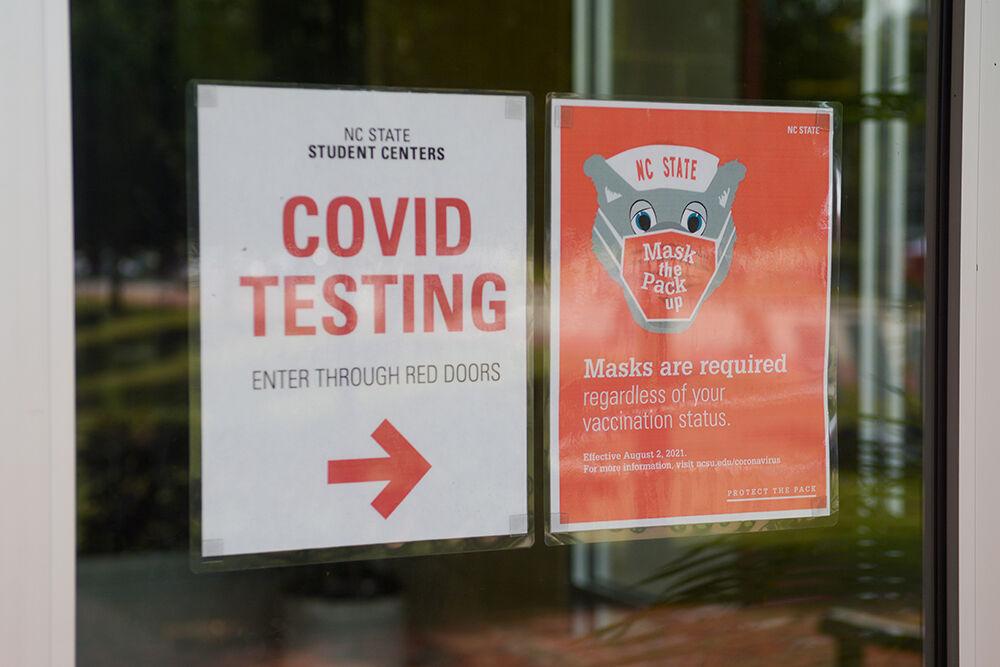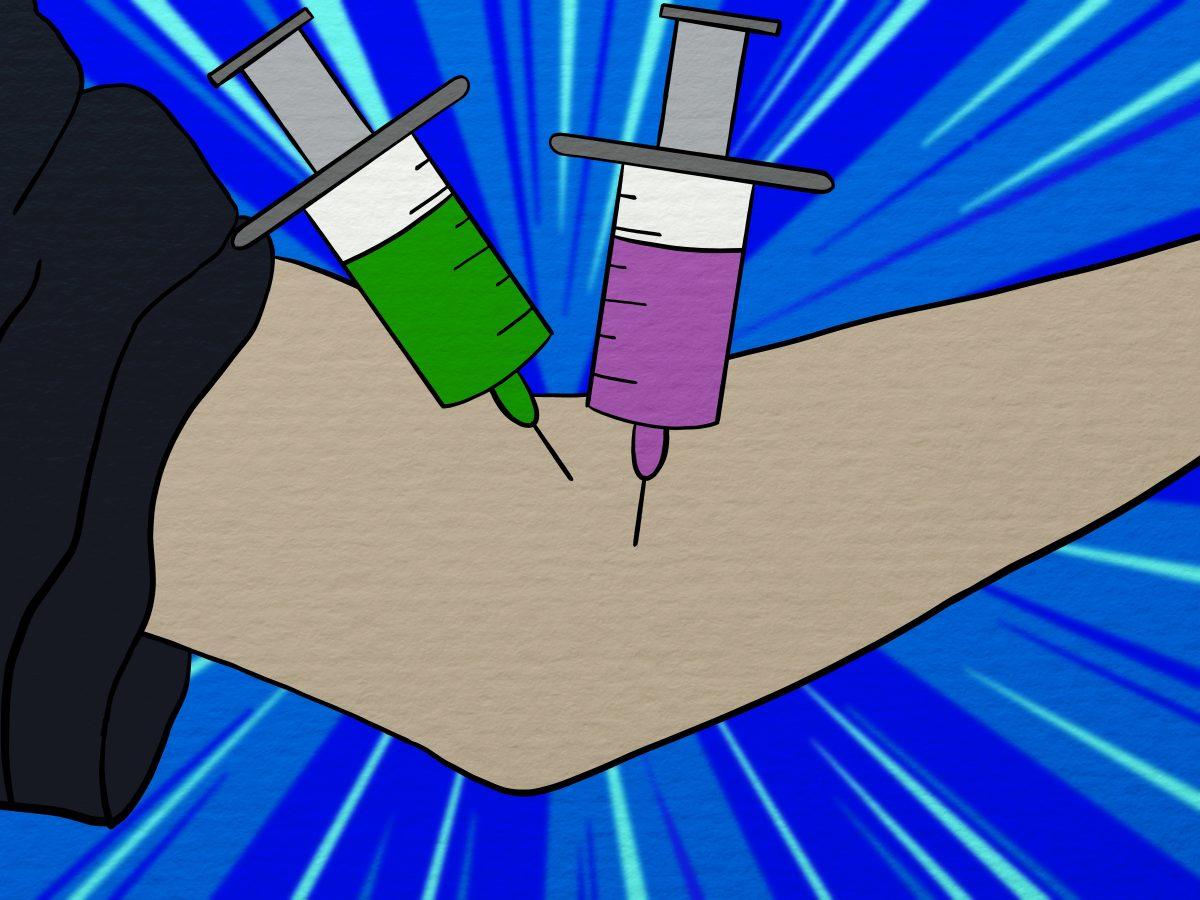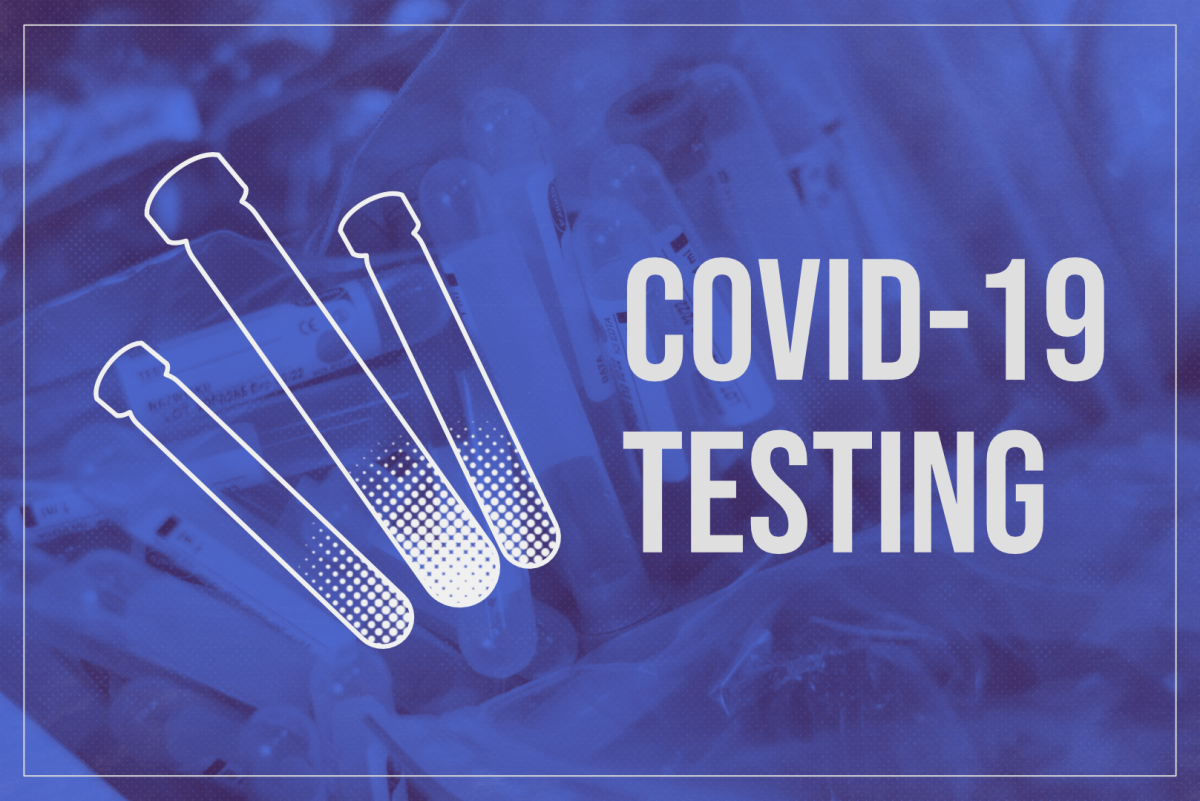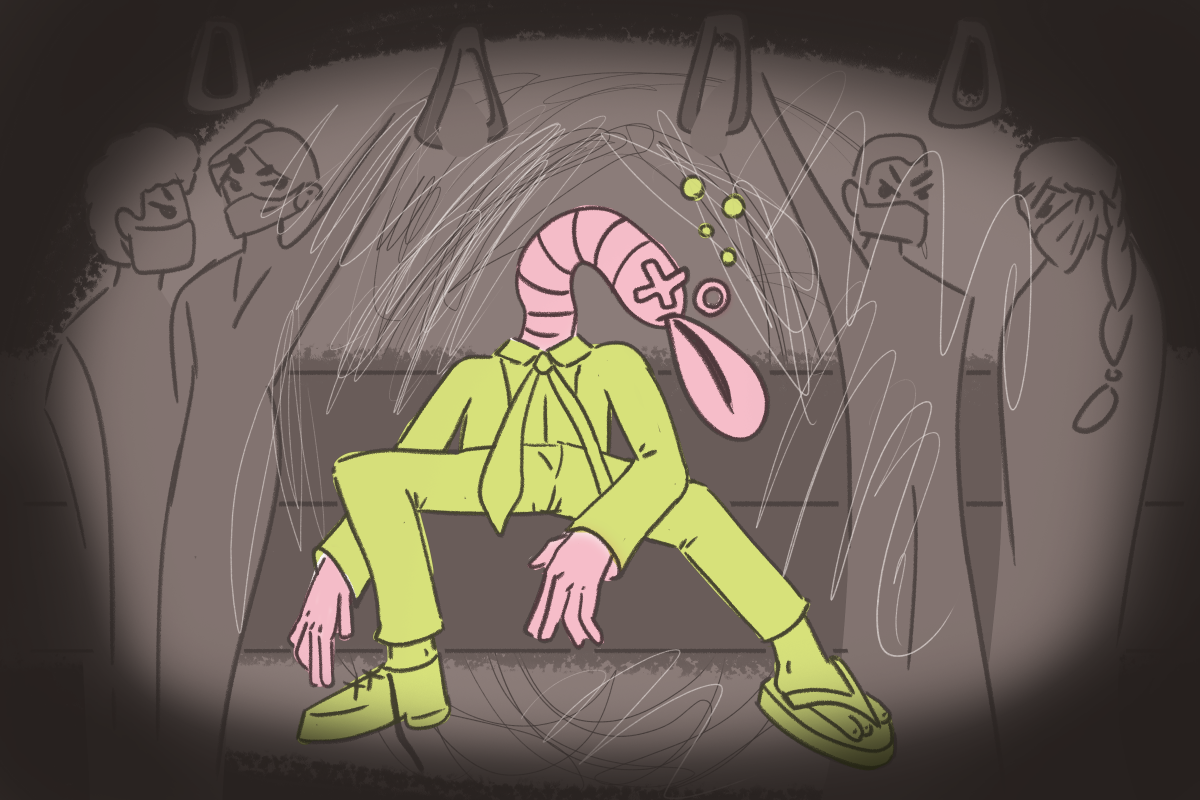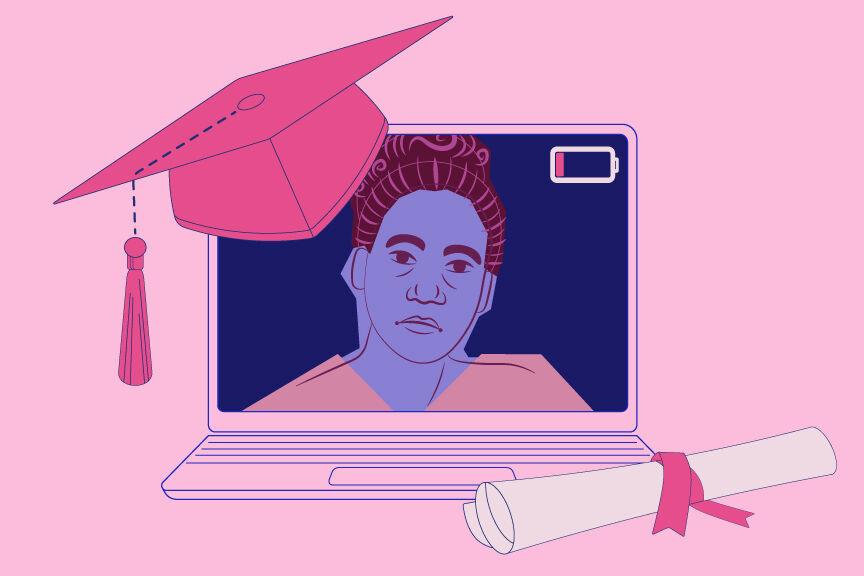More than three years after the start of the COVID-19 pandemic, a new wave of coronavirus cases is once again rolling out across the country, including on campus.
Experts have been documenting COVID-19 cases since the start of the pandemic, and a review of trends over time suggests a wave of cases at this time in the year is nothing new — rather, it’s expected.
Matthew Koci, professor of immunology, virology and host-pathogen interactions, said data indicates there have been two peaks in cases almost every year.
“There’s been a small peak around this time, and then a huge one around January,” Koci said. “So to some extent, the uptick in cases now is sort of consistent with what we’ve seen in the past.”
The data over the past few years show notable peaks in September and January, but this doesn’t necessarily indicate a major problem in terms of infection and hospitalization rates.
Tyler Pearce, assistant director of Campus Health, said peaks appear to decrease each year and this peak may not be as significant as past peaks.
“Cases are very much below what we saw at this time last year and the previous year,” Pearce said. “We’re pretty much following the same trend that we’re seeing every year in September.”
Megan Jacob, professor of veterinary microbiology, who operated as the laboratory director overseeing COVID-19 surveillance testing through Student Health Services during the height of the pandemic, said the coronavirus may eventually become a seasonal virus like the flu.
“I think most scientists would have expected that we would have variants of the virus that would persist over time, so waves and potential seasonality would not be surprising,” Jacob said.
All three experts agreed NC State’s current COVID-19 situation isn’t alarming or irregular in comparison to the rest of the community.
“We are seeing very similar trends to what the surrounding areas are seeing,” Pearce said. “Raleigh and the greater Wake County have been seeing slight increases over the past couple of weeks, and State is pretty much following in that trend.”
The scientific community has become well-versed in COVID-19 treatment and protocols thanks to data collected over the last three years.
“We probably know more about COVID-19 than most viruses we’ve studied for 100 years,” Koci said. “And a lot is because of all the diagnostics, all the testing, all the sequencing, all the stuff that everybody did. So now we’re in a place where we can respond as good or better to COVID than we can influenza.”
Though there may be less public concern about COVID-19 today than in past years, Jacob said safety measures are still important.
“I think we’ve moved from a time where we expect this governing structure to help keep us safe to personal assessments of risk and concern,” Jacob said. “A big role in protecting the public includes people being more self-aware of not feeling well and then having protection for themselves if they have risk factors, feel uncomfortable or have recently been ill.”
Expert suggestions regarding personal safety measures include many practices similar to those encouraged during the peak of the pandemic, as they have been proven to be effective in slowing the spread of this virus.
“If you are out in public, wearing a mask is going to be great protection if you or other people are sick,” Pearce said. “Washing or sanitizing your hands frequently and cleaning and disinfecting surfaces, things like that.”
Continuing to be mindful about personal safety measures can slow not only the spread of COVID-19 but the spread of other common illnesses and infections also.
“We tend to see waves of other diseases and infections during this season as well, including influenza and respiratory syncytial virus,” Koci said. “Wash your hands; wear a mask if you feel it’s necessary. The measures we did to try and slow COVID down pretty much put the brakes on a lot of the other diseases.”
Experts agree that vaccinations are also a highly effective measure against the spread of COVID-19. Boosters and updated vaccines intended to address new variants and strains are still being rolled out.
Pearce emphasized the importance of these suggestions for those living in residence halls and other shared spaces.
“Anytime someone is sick or tests positive for COVID, we would encourage and recommend them to isolate off campus, somewhere away from their suitemates or roommates,” Pearce said.
Pearce said isolation is not always possible, and he recommends taking personal precautions when in close proximity to infected people.
Pearce also acknowledged the on-campus resources available to NC State students and faculty. At-home tests are available at the campus pharmacy, as is a rapid testing program at Campus Health for those who have appointments.
The FDA has recently approved an updated COVID-19 vaccine, which the CDC recommends for everyone aged 6 months and older. The vaccine will soon be available at Campus Health.


